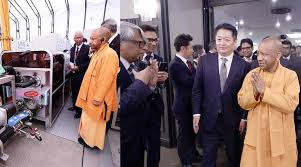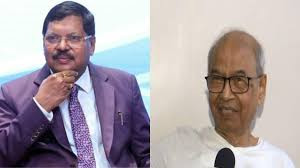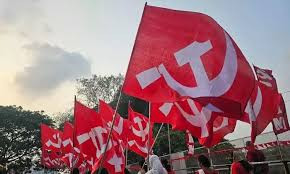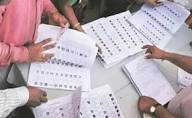'Narendra... Surrender': Rahul Gandhi Jabs PM Modi Over Ceasefire With Pakistan Amid Political Heat
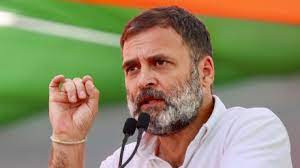
IIE DIGITAL DESK : June 3, 2025 —The fresh round of political sparring, Congress leader Rahul Gandhi took a sharp swipe at Prime Minister Narendra Modi, mocking the government’s approach toward Pakistan by coining a pun-laced jibe: “Narendra… Surrender.” The comment came in response to the Centre’s continued observance of the ceasefire agreement with Pakistan along the Line of Control (LoC), which has been in effect since February 2021.
Originally brokered between the Director Generals of Military Operations (DGMOs) of India and Pakistan, was seen at the time as a stabilizing move after years of cross-border skirmishes. However, Rahul Gandhi, during a public meeting in Jaipur on Monday, questioned the Modi government’s silence over Pakistan’s alleged ongoing support for terror activities even as the ceasefire continues
Referring to the ceasefire agreement, Gandhi said, “While our soldiers are martyred and infiltrations continue, Prime Minister Narendra Modi chooses silence and soft diplomacy. This is not Narendra Modi, this is ‘Narendra… Surrender’.”
The comment, met with laughter and applause from Congress supporters, was meant to highlight what the opposition claims is a contradiction in the Modi government’s tough-on-terror image versus its diplomatic stance on Pakistan. Gandhi’s remarks are the latest in a series of aggressive political speeches as the country inches closer to key state elections and begins preparing for the 2029 general elections.
“You [the BJP] promise muscular nationalism before elections, but what happens after the votes are counted? You quietly bow down, whether it's with China or Pakistan.
The Bharatiya Janata Party (BJP) was quick to condemn Rahul Gandhi’s statement. Union Minister Rajeev Chandrasekhar called the remark “irresponsible and disgraceful,” saying that the Congress party has no moral standing to speak about national security.
“Rahul Gandhi conveniently forgets that the worst terrorist attacks — from 26/11 to Parliament attacks — happened during Congress regimes. Under PM Modi, the armed forces are better equipped, border infrastructure is stronger, and we’ve seen targeted strikes in response to provocations,” Chandrasekhar said.
BJP spokesperson Shehzad Poonawalla also tweeted, “The real ‘surrender’ happened when Congress invited the ISI to Pathankot and gifted Most Favoured Nation (MFN) status to Pakistan. Rahul Gandhi's jibe is nothing but cheap political drama.
While the ceasefire agreement along the LoC has largely held since 2021, there have been intermittent reports of ceasefire violations and infiltration attempts, mostly from Pakistan-occupied Kashmir. Defence experts remain divided over the strategic implications of continuing the truce. Some see it as a tactical decision aimed at preventing civilian casualties and maintaining stability, while others believe it gives Pakistan space to regroup and redirect attention toward terror proxies.
Notably, since 2023, Pakistan’s internal economic crisis and political instability have reduced major confrontations along the border. However, India has maintained that the ceasefire doesn’t mean talks will resume until Pakistan stops supporting terrorism
This latest exchange once again highlights how national security remains a hot-button political issue. Rahul Gandhi has consistently attacked the Modi government for its handling of border tensions with both China and Pakistan. During the Galwan Valley clash with China, he accused the PM of “surrendering Indian territory,” a charge the government has consistently denied.
Political observers note that Gandhi’s “Narendra… Surrender” slogan may resonate with opposition voters who feel the BJP’s foreign policy is more image-driven than substantive. However, critics argue that such rhetoric can damage India’s diplomatic posture by appearing fragmented on matters of national interest.
As the political temperature rises in India, especially in the lead-up to the next general elections, issues of national security and cross-border diplomacy are likely to be weaponized by both sides. What remains to be seen is how the public interprets this tug-of-war between electoral jabs and the ground realities of India's security strategy.
You might also like!






